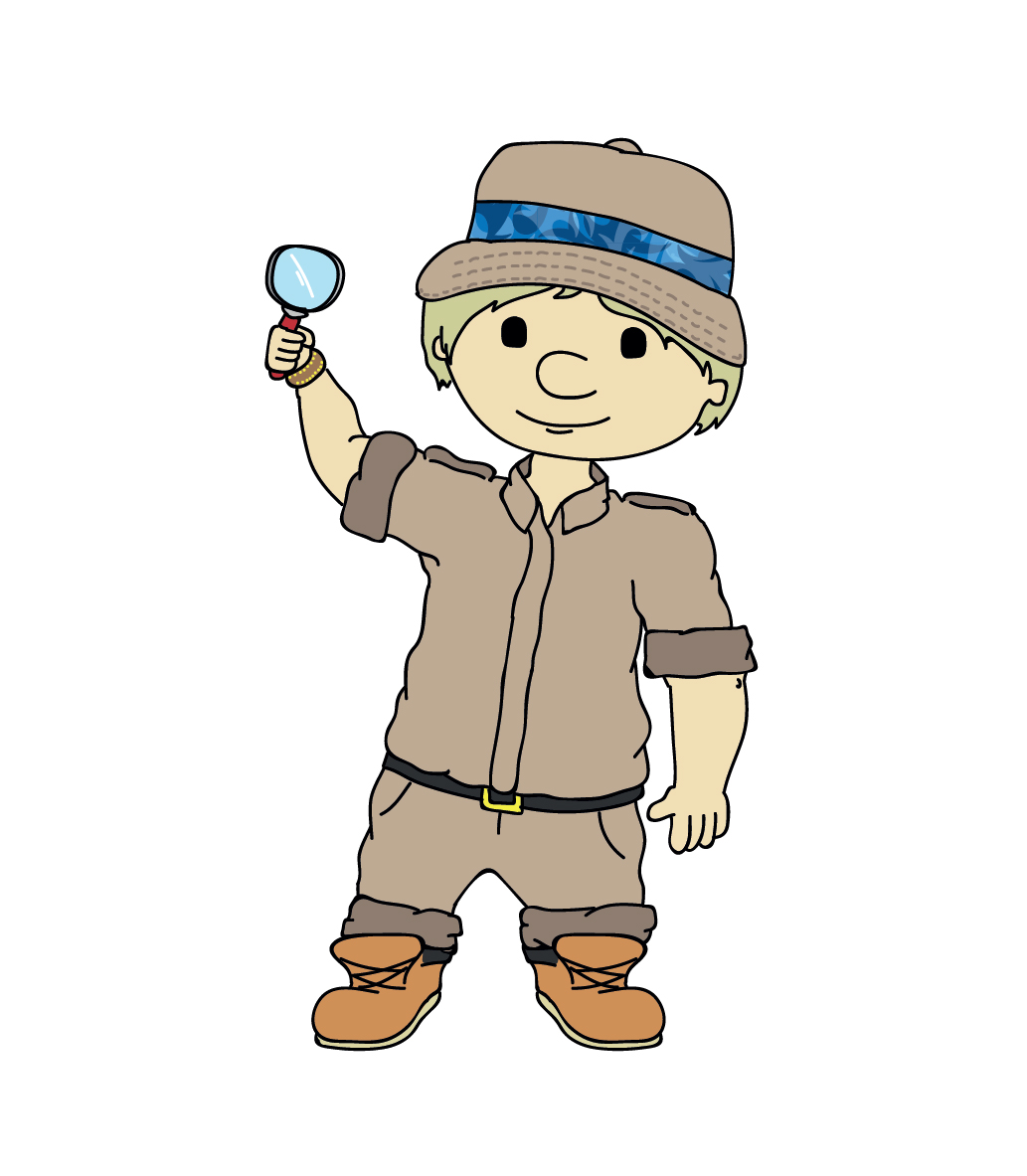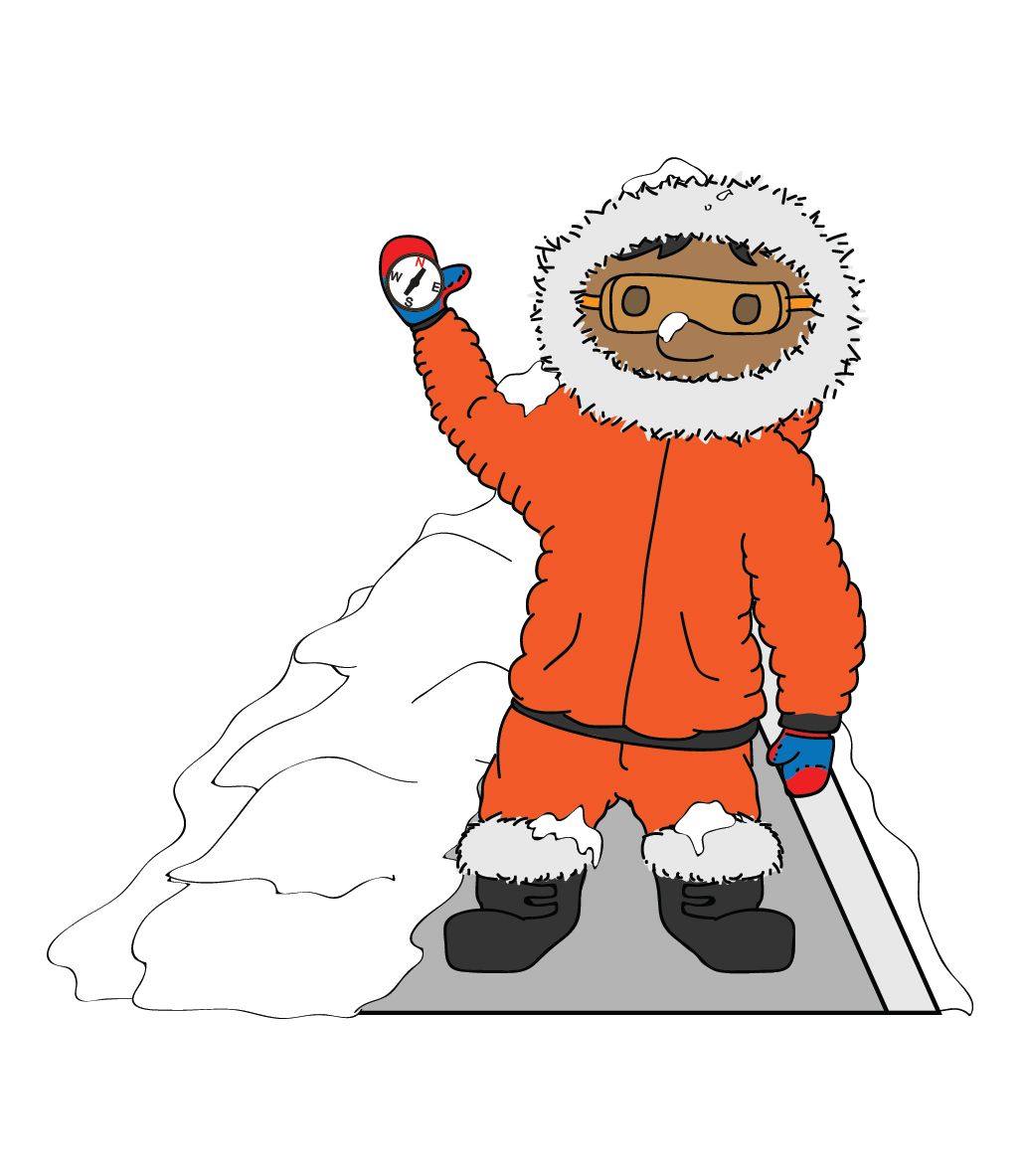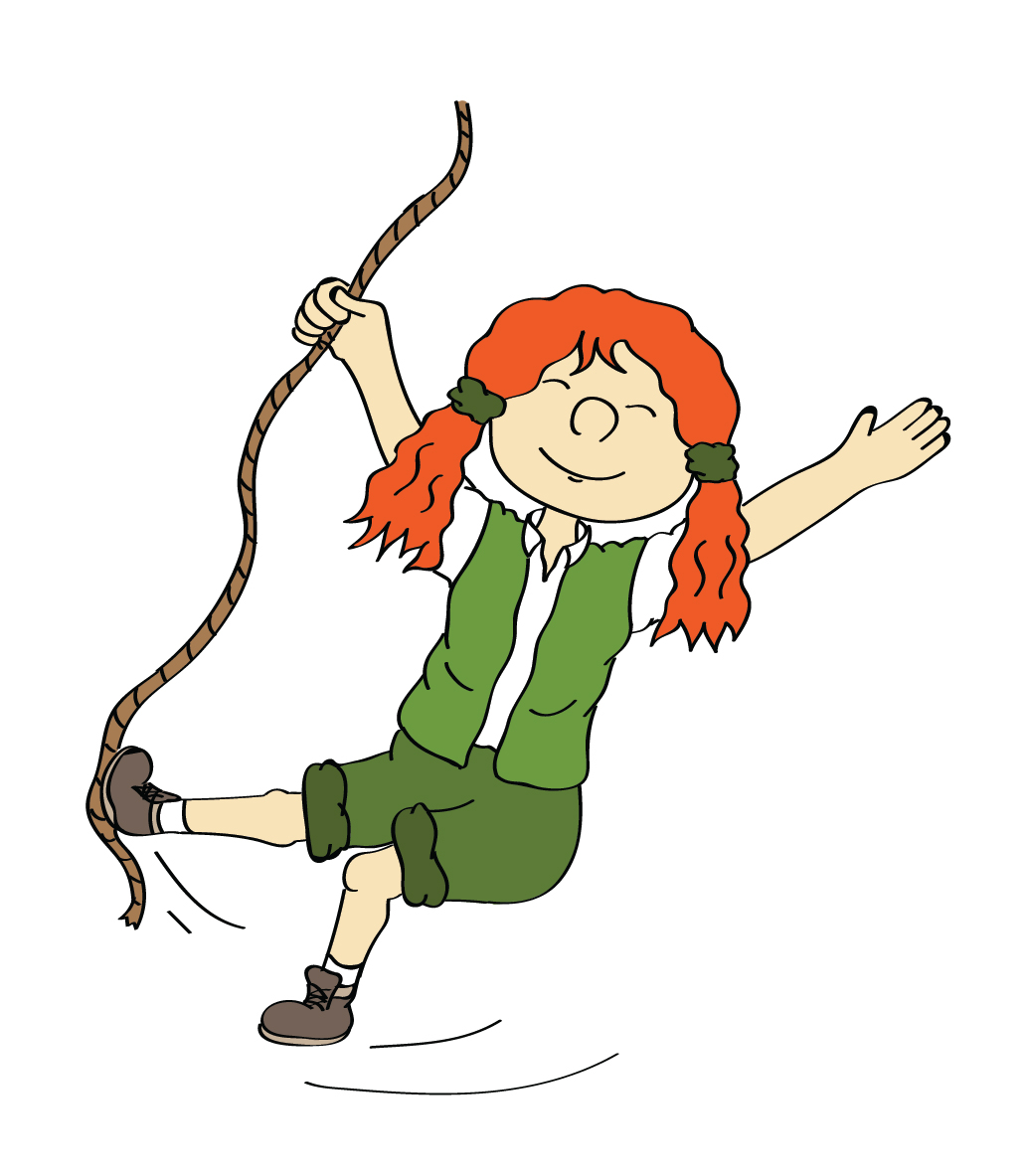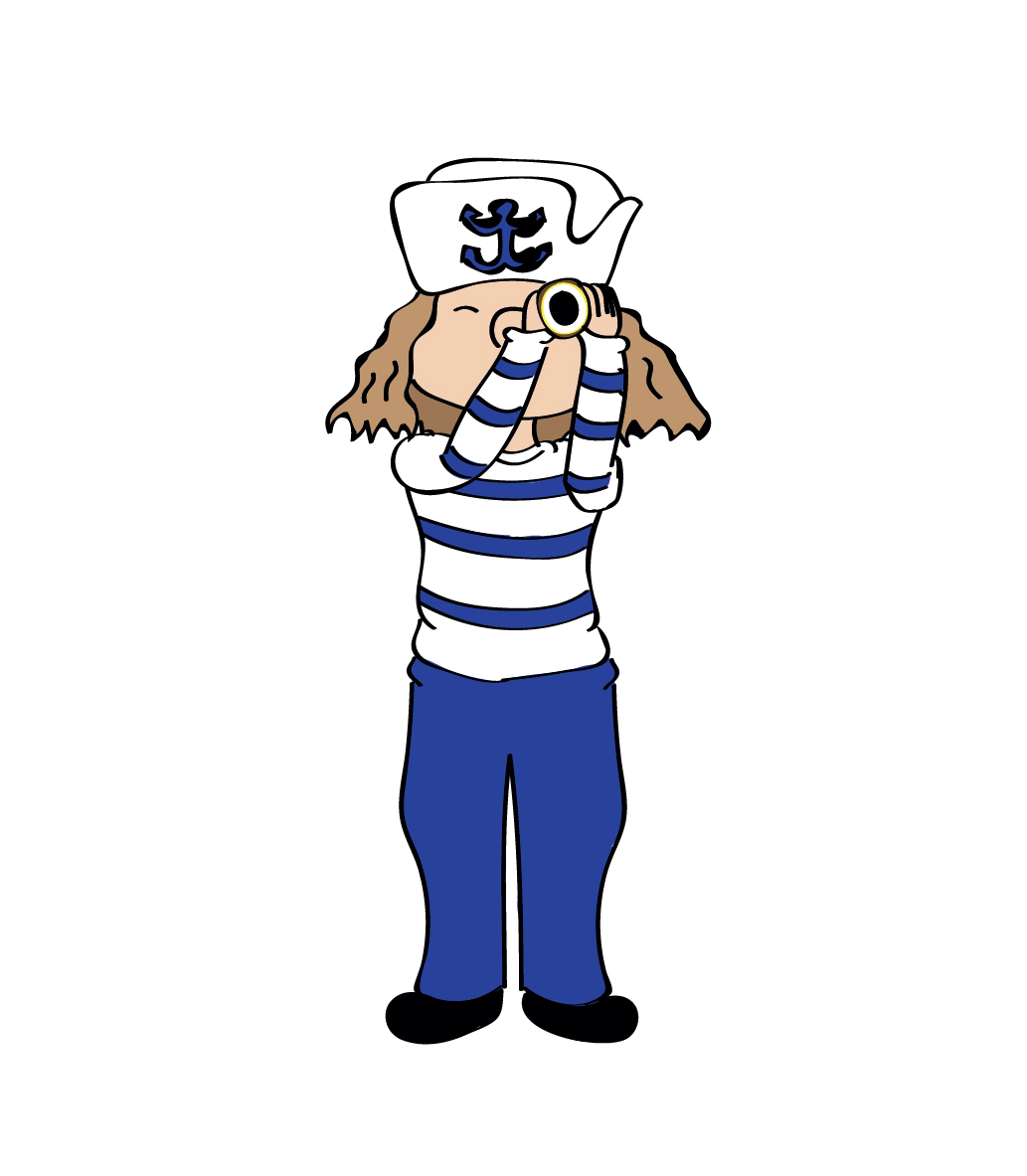Our Curriculum
At Spaldwick every child is recognised as a unique individual. We celebrate and welcome the differences within our school community. The ability to learn is underpinned by the teaching of basic skills, knowledge, concepts and values. We constantly provide enhancement opportunities to engage learning and believe that childhood should be a happy, investigative and enquiring time in our lives. We promote positive attitudes to learning, which reflect the values and skills needed to promote responsibility for learning and future success.
Our curriculum has been designed to:
- recognise children’s prior learning
- provide first-hand learning experiences
- allow the children to develop interpersonal skills
- build resilience
- become creative, critical thinkers
Children leave school with a sense of belonging to a tightly knit community where they have the confidence and skills to make decisions, self-evaluate, make connections and become lifelong learners.
Our curriculum offers a wide range of inspiring, engaging and exploratory learning experiences, that includes developing cultural capital through planned activities, such as residential trips. We aim to raise pupils’ aspirations by teaching them about human creativity and achievement and we strive to help our pupils understand the impact we have on the world we live in, not just at school, but as educated citizens, not just within their own community but on a wider global scale.
We use Dimensions ‘Learning Means the World’ Curriculum as the vehicle for this, with a view to providing an ambitious and engaging curriculum offer. Whilst providing full National Curriculum coverage, the ‘Learning Means the World’ curriculum is underpinned by four highly relevant world issues, known as the four Cs:
The Communication Driver
We believe that language is the key to learning and provides children with the necessary tools to fully access the broader curriculum. We want our children to be confident communicators. In order to do this, we have a focus on vocabulary across the school and speech and language is a priority on entry. We are very proud of our achievement in reading and our love of novels throughout school. We want our children to be able to articulate, share and value their own and each other’s ideas, knowing that their opinions matter. We also want them to be able to express their thinking and reasoning clearly in discussion, by encouraging collaboration and the exchange of ideas, with a focus on developing their written communication, social interaction and conversational skills.
The Culture Driver
As a school that predominantly represents a White British demographic, we want our pupils to value the diversity that exists in society, to understand the roots and importance of cultural heritage on a wider scale and to behave in a respectful and tolerant way towards others, regardless of faith, gender, sexuality, ethnicity or background. We actively and explicitly promote cross-cultural friendship, respect, understanding and tolerance through our ‘Learning Means the World’ Curriculum.
Community involvement is also an essential part of our curriculum as we celebrate local traditions, learning new skills to enable the children to take an active role in events throughout the year.
Conflict
Pupils need to learn how to handle conflict well, realising that it is important to develop empathy in order to develop positive relationships in their immediate home and school environments, as well as in the wider community. They need an appreciation of other opinions and perspectives in order to learn how to address conflict and develop the necessary skills to resolve it.
We also want them to understand the wider impact of conflict globally, broadening their own knowledge and perspectives.
Conservation
Children understand the importance of conservation but need to be more invested in it. Sustainable action is being taken in school e.g. installing solar panels. We want our pupils to see that they can make a difference and make positive changes by developing problem-solving, collaboration and communication skills, and looking at how they can actively become more involved, we believe they can make a real difference in effecting positive change for the future.
‘Learning Means the World’ employs a structured approach to developing environmental awareness and appreciation, not just at local, but also national and global levels.
Curriculum Organisation
At Spaldwick, using Dimensions – Learning Means the World curriculum, we have developed a thematic approach to learning, that not only addresses all aspects of the National Curriculum, but engages and interests our children. Some subjects are taught as part of this thematic sequence of learning, but some subjects are taught discretely. The timetable has been carefully considered to ensure that our children experience a broad range of subjects and knowledge and that the curriculum is not narrowed.
The following subjects are taught thematically:
- Science
- History
- Geography
- Art
- Design Technology
- Computing
- Music
The following subjects are taught discretely:
- English
- Maths
- PSHE
- Religious Education
- Physical Education
- Modern Foreign Languages (French)
Each termly plan has a core curriculum driver taken from either Science, History or Geography programme of study. Curriculum delivery is planned around a thought-provoking ‘hook in or catalyst’ question which encourages a sense of curiosity in our children. Independence and resilience are encouraged through the involvement of children in uncovering new information for themselves to reach an answer.
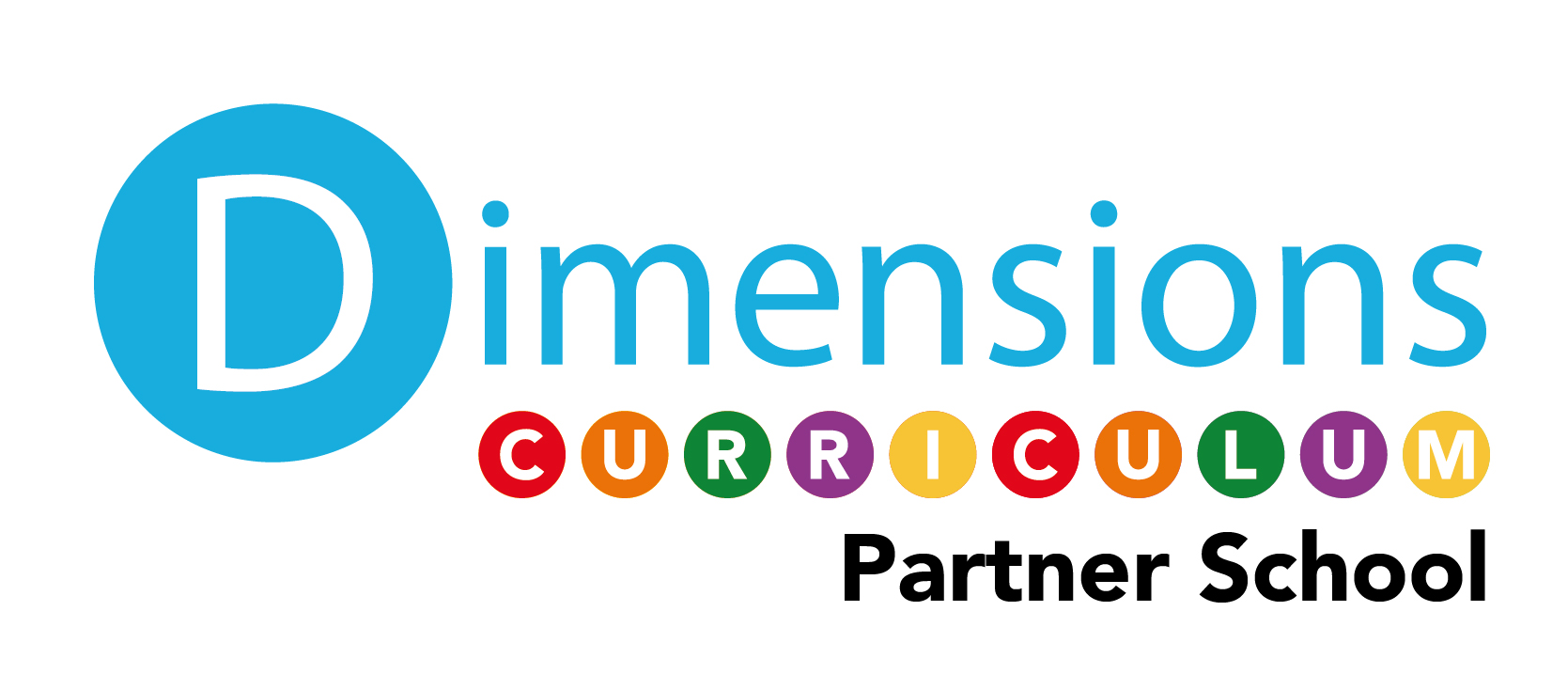
Through our use of the Dimensions: Learning Means the World Curriculum, Our children are split into 4 age groups. These groups are Explorers (EYFS), Pathfinders (KS1), Adventurers (LKS2) and Navigators (UKS2). Each of the thematic units taught in each age group aim to develop different traits and skills in the children as they progress through their learning pathway.
These are as follows:
|
Explorers ‘Have a go!’ experimental curious confident co-operative |
|
|
Pathfinders 'Find a way!’ innovative decisive creative independent |
|
|
Adventurers ‘Make it happen!’ brave risk-takers resilient prepared |
|
|
Navigators ‘Lead the way!’ leaders able to apply skills overcomers focused |
|
Theme Road Maps
Click on the links below to see the road maps for each curriculum theme. These documents identify the key concepts taught across the four themes as the children move up through our school.


